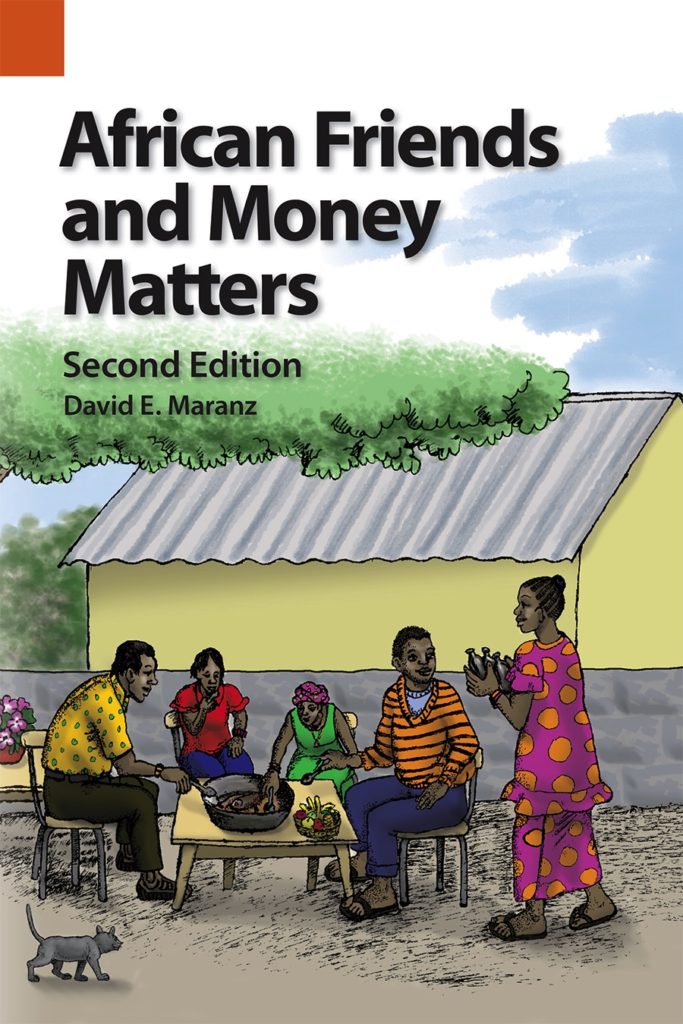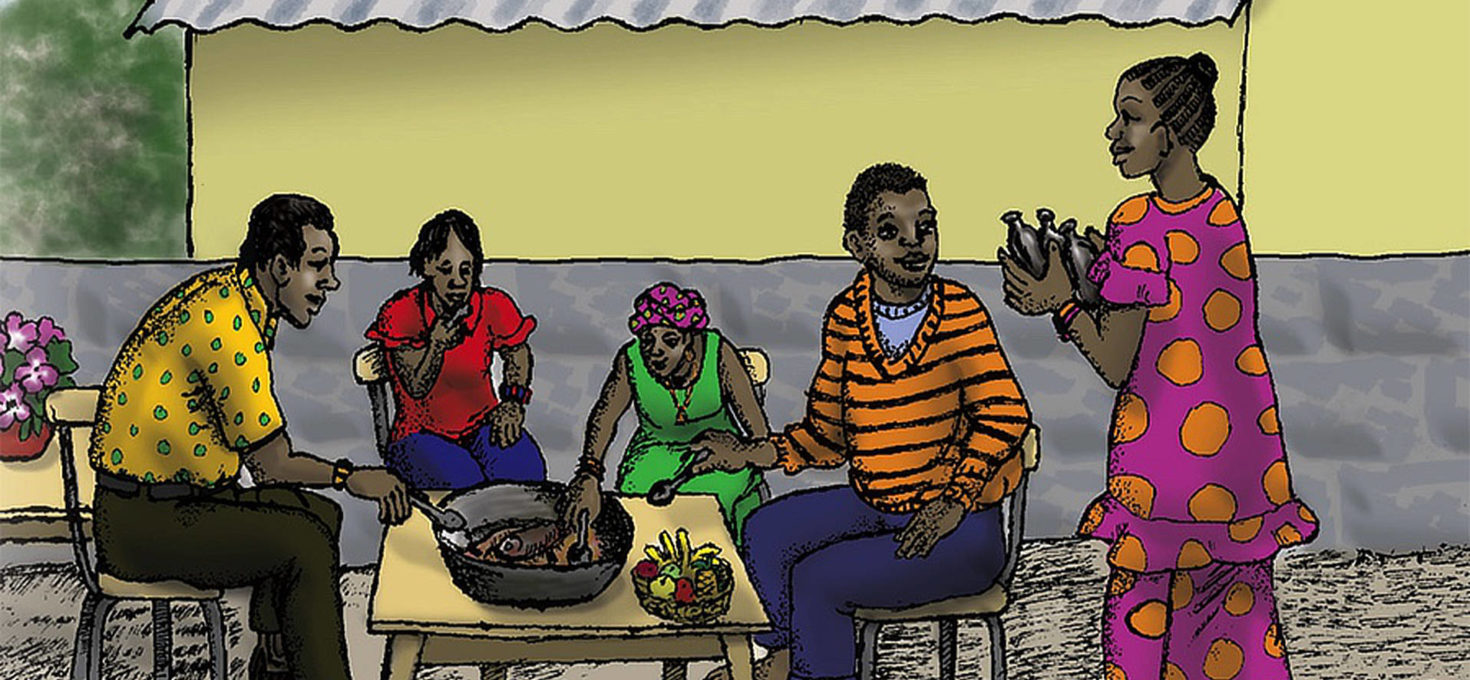 Observations two through four can be properly understood under the heading surplus equals selfishness. This is one of the elements of Karimojong society that quickly becomes clear both in our dealings with our neighbors and their dealings with one another.
Observations two through four can be properly understood under the heading surplus equals selfishness. This is one of the elements of Karimojong society that quickly becomes clear both in our dealings with our neighbors and their dealings with one another.
Observation 2: Resources are to be used, not hoarded.
Observation 3: Money is to be spent before friends or relatives ask to “borrow” it.
When resources become available to our neighbors in the form of wages or profit from the sale of something, or even in the form of produce from a harvest, this money is, more often than not, spent immediately. If it is not, friends and family will catch wind of the surplus and ask to borrow it. Because of the communal nature of the Karimojong, such requests are almost impossible to deny without appearing unsociable. This attitude of mutual obligation is not limited to cold hard cash. A more general sharing of resources is also the societal norm.
Observation 4: If something is not being actively used, it is considered to be “available”.
We experience this expectation at the mission all the time. Because we are wealthy Westerners, and because we have a number of resources that we hold in anticipation of upcoming needs and projects, we are highly subject to being “borrowed” from. If a plastic bucket sits outside the house for any length of time, there is a good chance that it will go missing one day. I had a rope tied around a tree from which I hung my hammock. Some weeks went by where I wasn’t able to put the hammock out and one day I woke up to find the rope gone.
To our neighbors, this doesn’t necessarily constitute stealing. The perception was that these resources had sat unused long enough that they were available for someone else’s needs. To quote one of Maranz’ correspondents, “‘If they have accumulated so much, it is because they have chosen to close their eyes to needs and to remain deaf to the implicit or explicit requests of others.'” As outsiders who are trying to become part of a community, we find ourselves in a thorny position, not wanting unnecessarily to change cultural norms and practices, but also being called to discern and condemn them when they range into the realm of sin.
Of course, this communal view has certain advantages to those who find themselves in dire straits, but it also comes at the cost of great social strain on those who want to plan and save for the future. In this regard, our neighbors have two forms of recourse. The first and perhaps most common is compulsive spending—that is buying goods or services at the market that are not truly needful. Instead of saving to buy beans next week, they buy sugar or biscuits today so as to have nothing left over. The other recourse is to put their money into long-term savings. This can take the form of purchasing livestock or putting money into a community savings plan. These lockbox coöps are common in our area. They require every member to deposit a certain amount every week. This collective savings is sometimes loaned out to members of the group to be repaid with interest. At the end of the year, the members will get their savings back plus whatever interest has accumulated. This allows individuals to save enough for larger purchases—say a bicycle or commonly livestock—without losing face.
